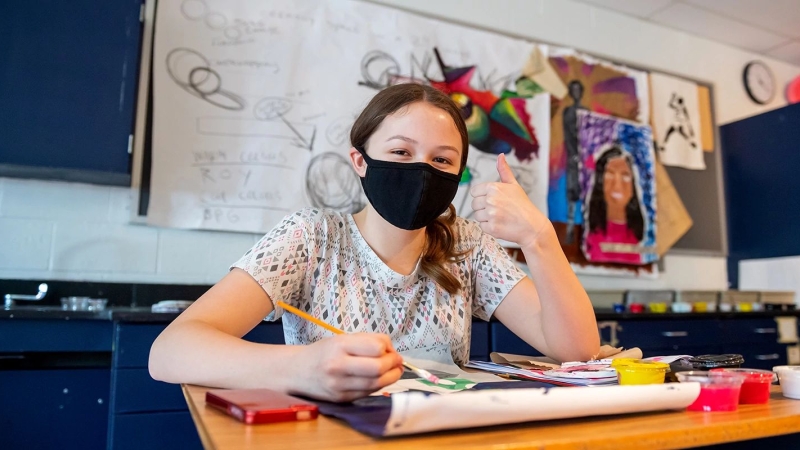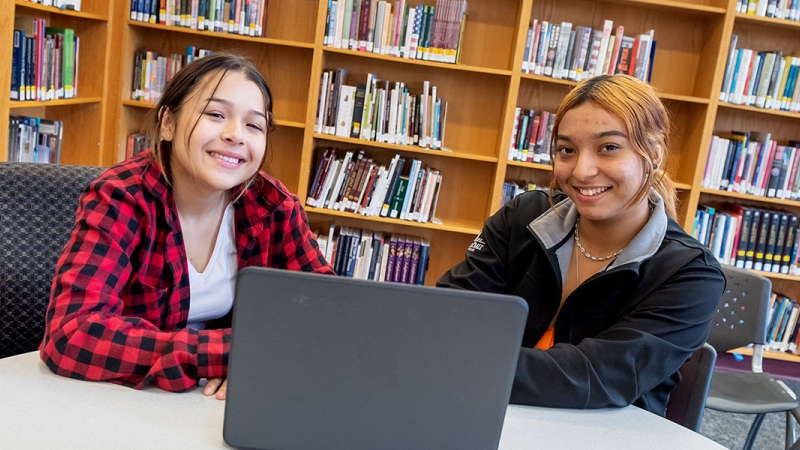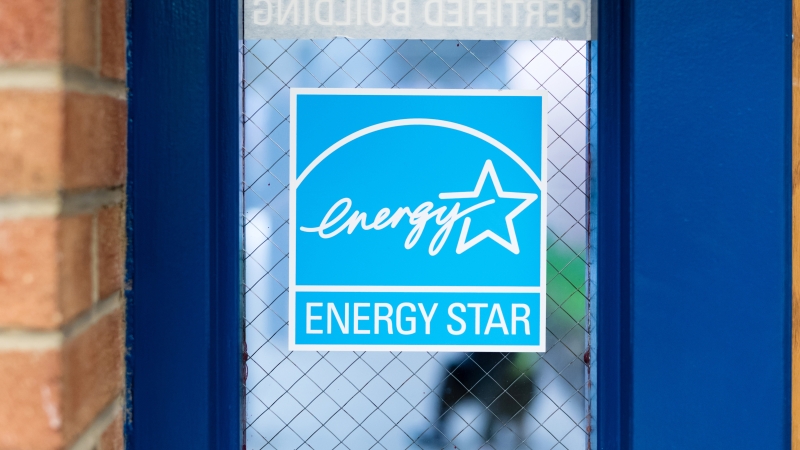
Impact of Middle School After-School Activities
Program Outcomes
Research shows that youth benefit from participation in after-school activities in a variety of ways: from academic support and enrichment, to building positive relationships with peers and caring adults, to helping develop social skills, to contributing to the community, to reducing the likelihood of participating in risky behaviors, and to developing the attitudes, skills, and knowledges to thrive in the workplaces and communities of the 21st century.
Evidence of Success for the Middle School After-School Program (MSASP)
Participation:
The MSASP partners with over 25 outside organizations and individuals and offers more than 940 different program activities across 26 middle schools and Burke School. These programs are supported by paid staff and by approximately 108 adult volunteers and 140 student volunteers each school quarter. In FY 2024, 23,884 middle school students attended the after-school program. The typical weekly attendance across all schools was 13,937 students.
Outcomes are tracked and correlated with how often a student attends after-school. The following statistics were collected from the latest annual surveys of parents, teachers and students from every FCPS middle school and from correlations of daytime academics, absenteeism, and behavior with after-school participation (2023-2024)
Teacher Feedback on the Middle School After-School Program (MSASP):
91% agree MSASP supports school-day learning.
87% feel well-informed about the program.
96% say it offers meaningful enrichment.
92% see academic benefits for students.
96% see social and emotional benefits.
Parent Feedback:
92% satisfied with activities.
95% satisfied with days and times.
88% say physical activity is adequate.
91% find quality activities for their child’s interests.
39% report that their child(ren) would be staying home alone without the after-school program.
Parents on Their Child’s Experience:
95% say their child enjoys MSASP.
97% are comfortable with staff.
91% perceive their child as happier and less stressed.
96% say their child has friends in MSASP.
80% notice better work habits.
89% notice an improved attitude towards school.
77% report academic improvement.
Student Feedback:
93% enjoy attending.
96% find activities interesting/fun.
90% learn new things.
87% get homework help.
96% respect the rules.
95% feel safe.
92% feel welcomed by staff.
87% would recommend to friends.
Connectedness Measures: MSASP helps students:
84% do better in school.
83% care more about their school.
84% have a stronger connection to their community.
88% get along better with peers and adults.
84% improve problem-solving skills.
87% work better in teams.
78% become leaders.
86% learn new skills.
81% become better at asking adults for help.
81% learn skills that help them in school.
These responses varied by how often a student attended the MSASP.
Daytime academics, absenteeism, and behavior correlated to participation in MSASP:
Academics:
- 93% of the MS students who received one, or more, Fs attended less than 30 days of after-school in the school year
- 90% of the MS students who received one, or more, Ds attended less than 30 days of after-school in the school year
Absenteeism:
- 93% of the MS students who were chronic absentees (10% or more daytime absences (18 or more days)) attended less than 30 days of after-school
Behavior:
- 100% of the MS students who received a discipline infraction against another student attended less than 30 days of after-school
- 98% of the MS students who received a discipline infraction against a person (adult) attended less than 30 days of after-school
- 99% of the MS students who received a behavior infraction attended less than 30 days of after-school





